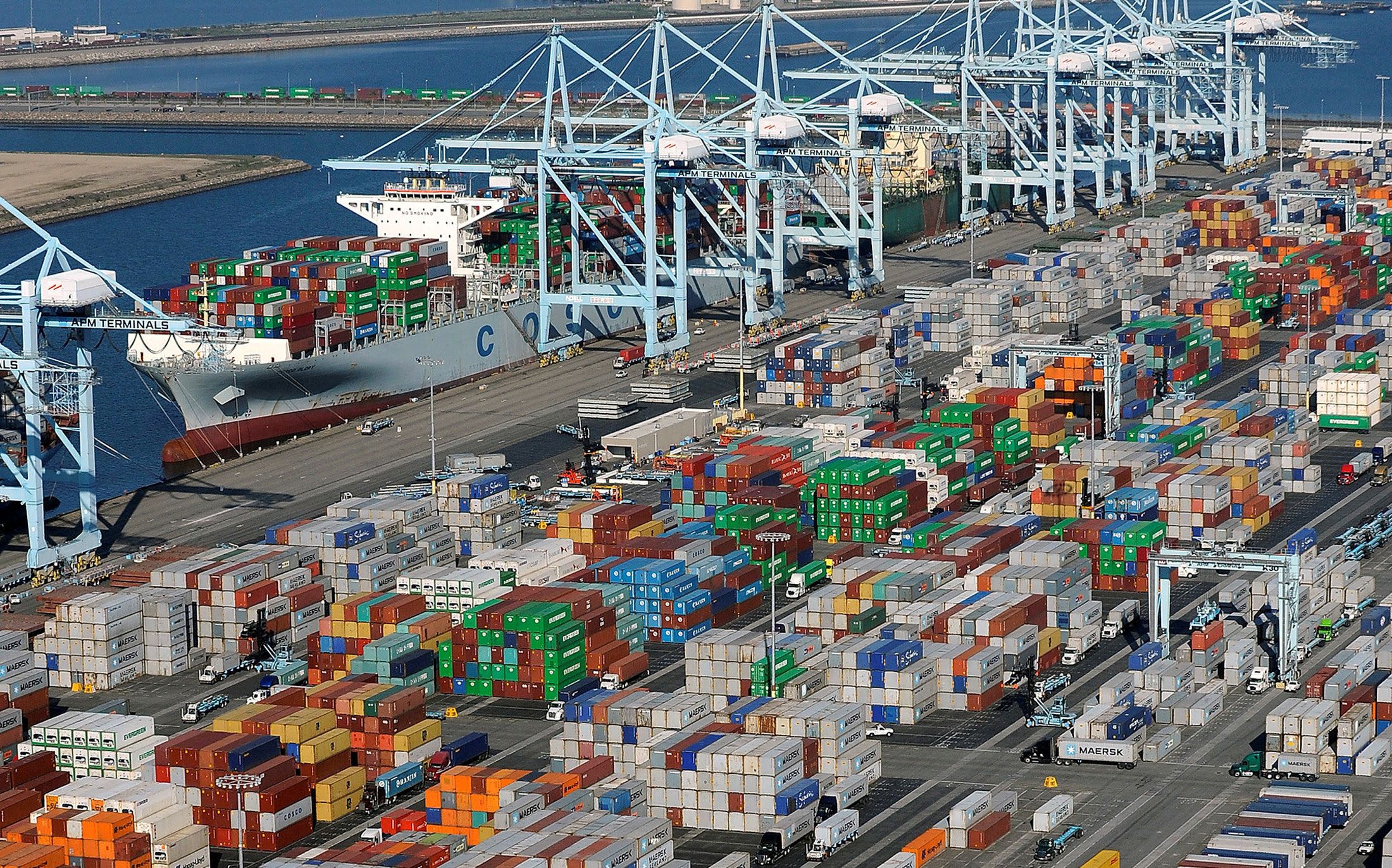Early this morning, the Trump administration implemented 25 percent tariffs on $34 billion worth of US imports from China. The measures aim to combat perceived Chinese trade abuses and counter unfair state support for domestic technology firms. As expected, China responded in kind with tariffs on the same amount in US exports.
This latest round of tit-for-tat signals a major escalation in the ongoing trade dispute between the US and China. Is anyone winning? Here’s Gabe Lipton with some thoughts on where each side stands:
President Trump believes he’s playing a stronger hand:
- The US economy is strong: The Atlanta Fed projects the US economy to grow at an annualized rate of 4.8 percent in the second quarter of the year. For the first time in more than 20 years, there aremore job openings in the US than people looking for jobs.
- China faces its own set of economic challenges: In the past few weeks, China’s currency and stock market have plunged, painful reminders of a period of weakness in 2015 that rattled investors and the country’s political class.
- And China can’t go blow-for-blow with the US on tariffs: China imports about $130 billion in goods from the US, and the US about $500 billion from China. China will run out of goods on which to place tariffs long before the US does.
But Xi Jinping’s not ready to back down:
- Xi’s less vulnerable: He doesn’t face the same business and political constituencies that could force Donald Trump to back down. And he doesn’t need to win Michigan or Pennsylvania to maintain power.
- China’s home grown economic woes are mostly positive: The recent slowdown and related market turmoil comes as much from deliberate steps that are part of Xi’s reform efforts as by Trump’s trade actions.
- And China can hit the US in other ways: Tariffs are far from the only weapon. Beijing can restrict US companies' access to the Chinese market or cut Chinese tourism to the US. When it comes to trade war, the power of near complete control over business and society shouldn’t be underestimated.
President Trump says that “trade wars are good, and easy to win.” How much damage will be done before we find out whether he’s right?
